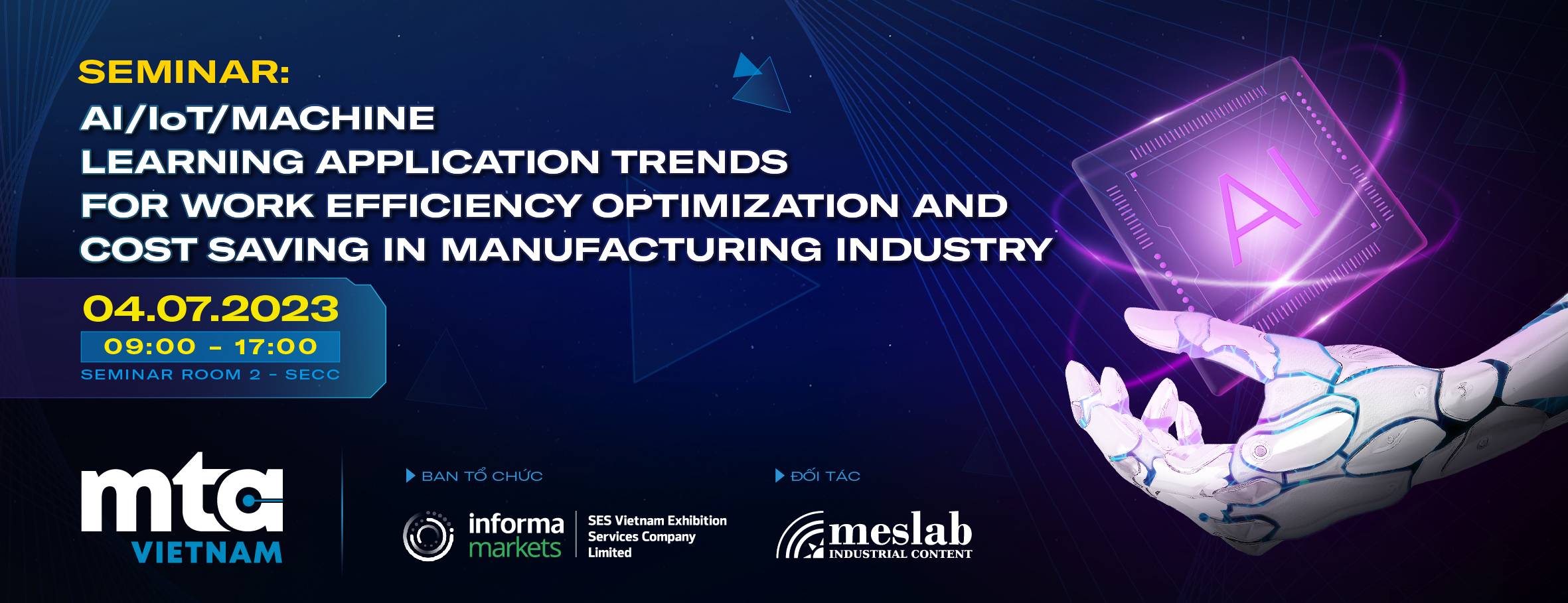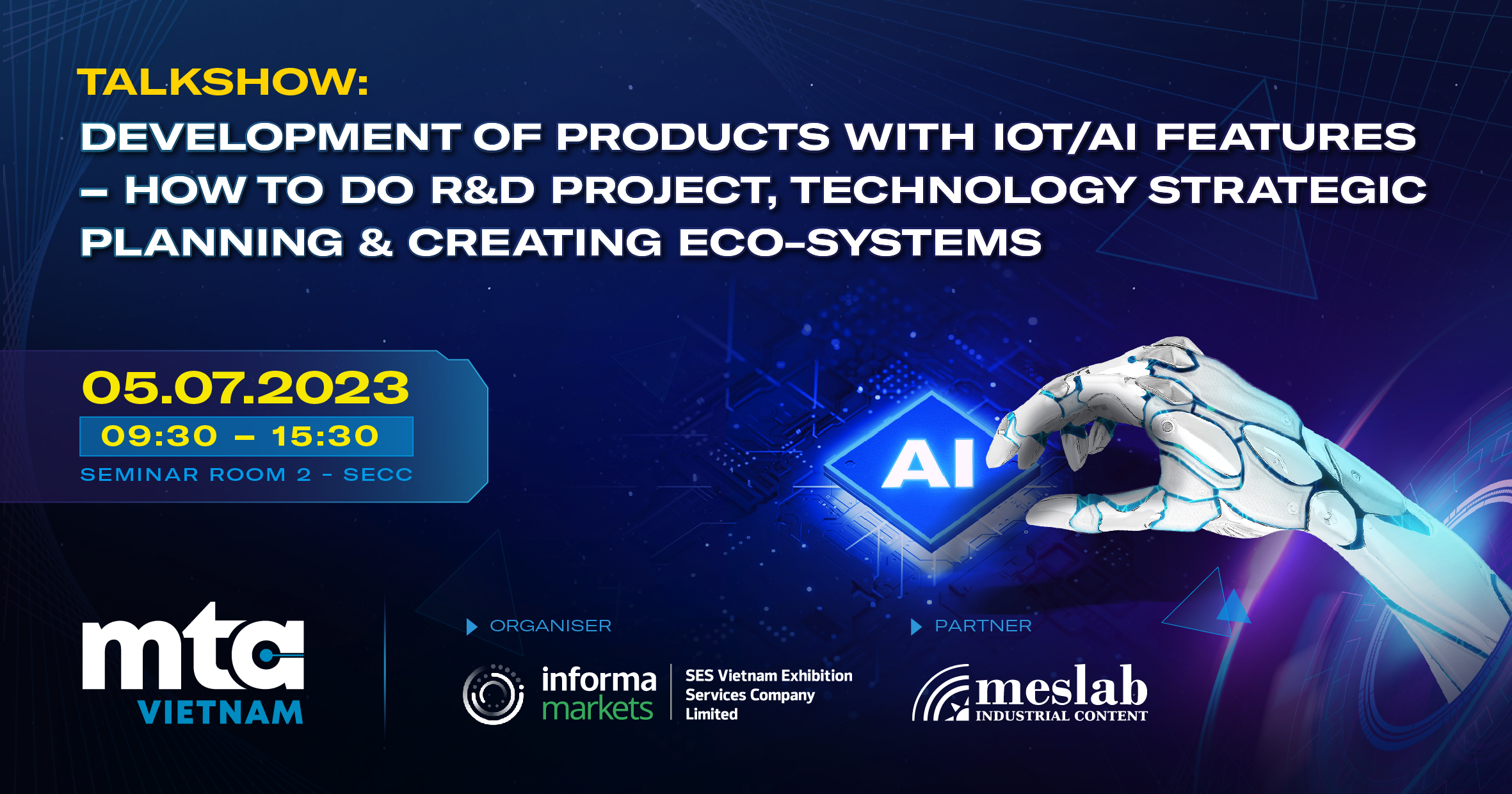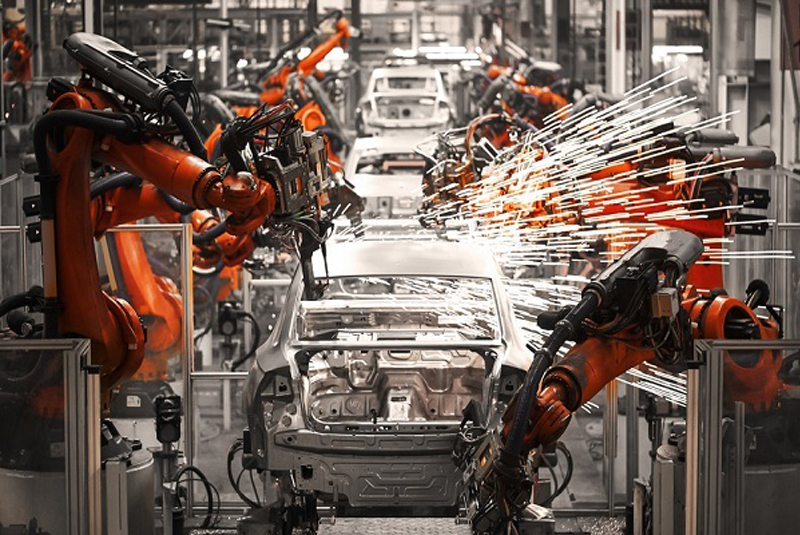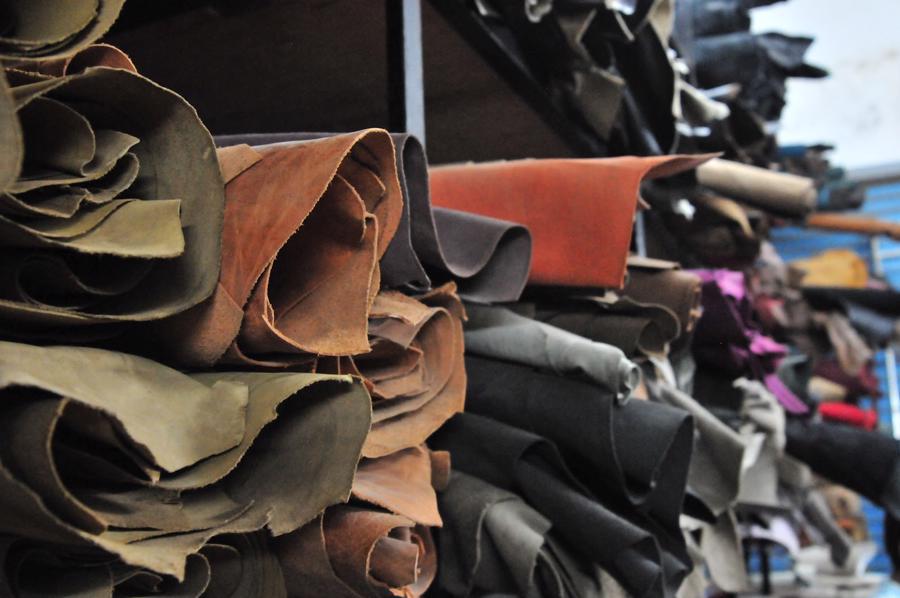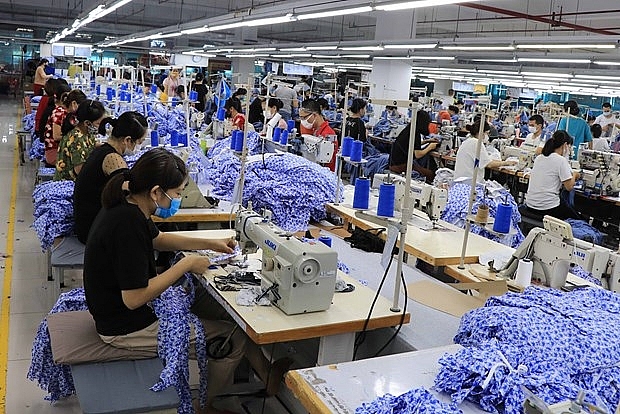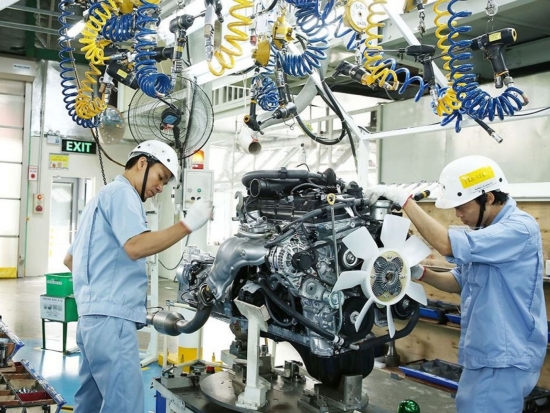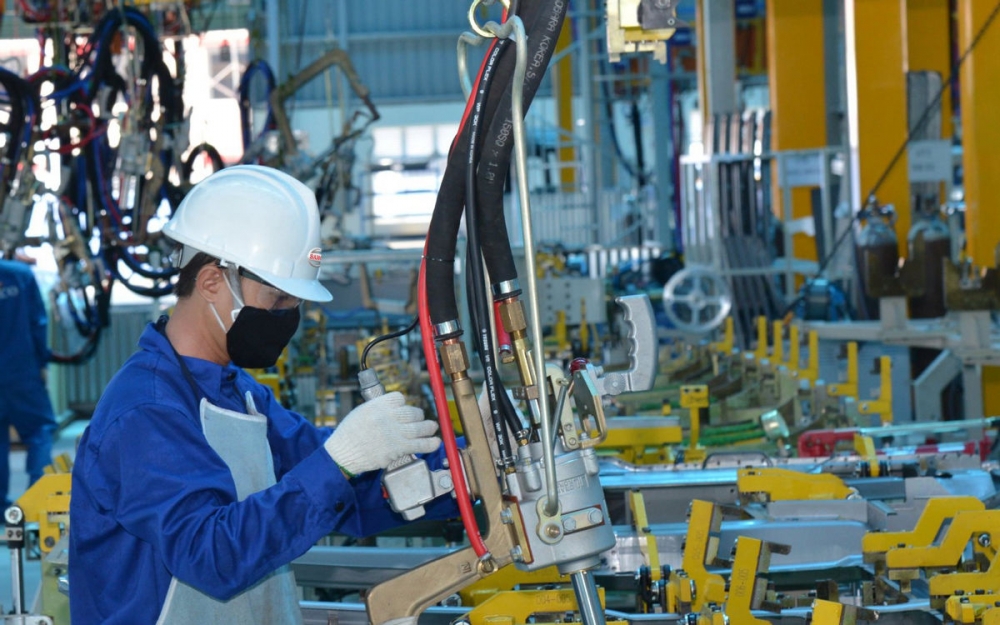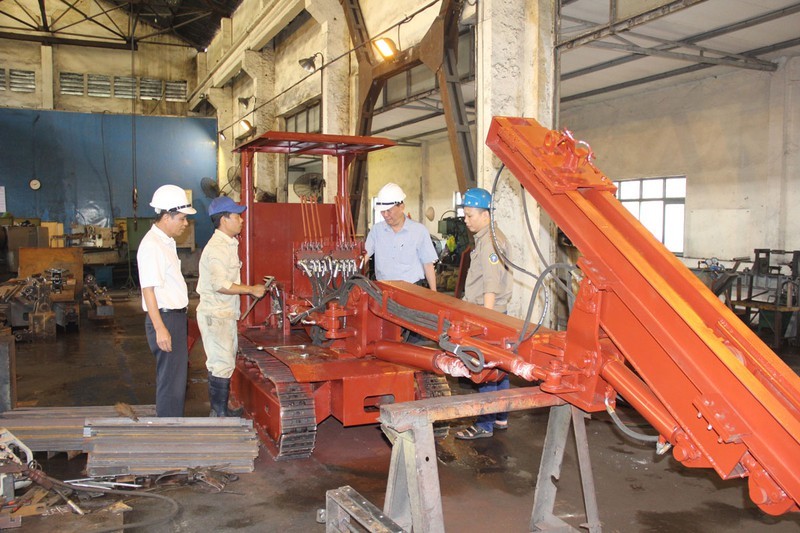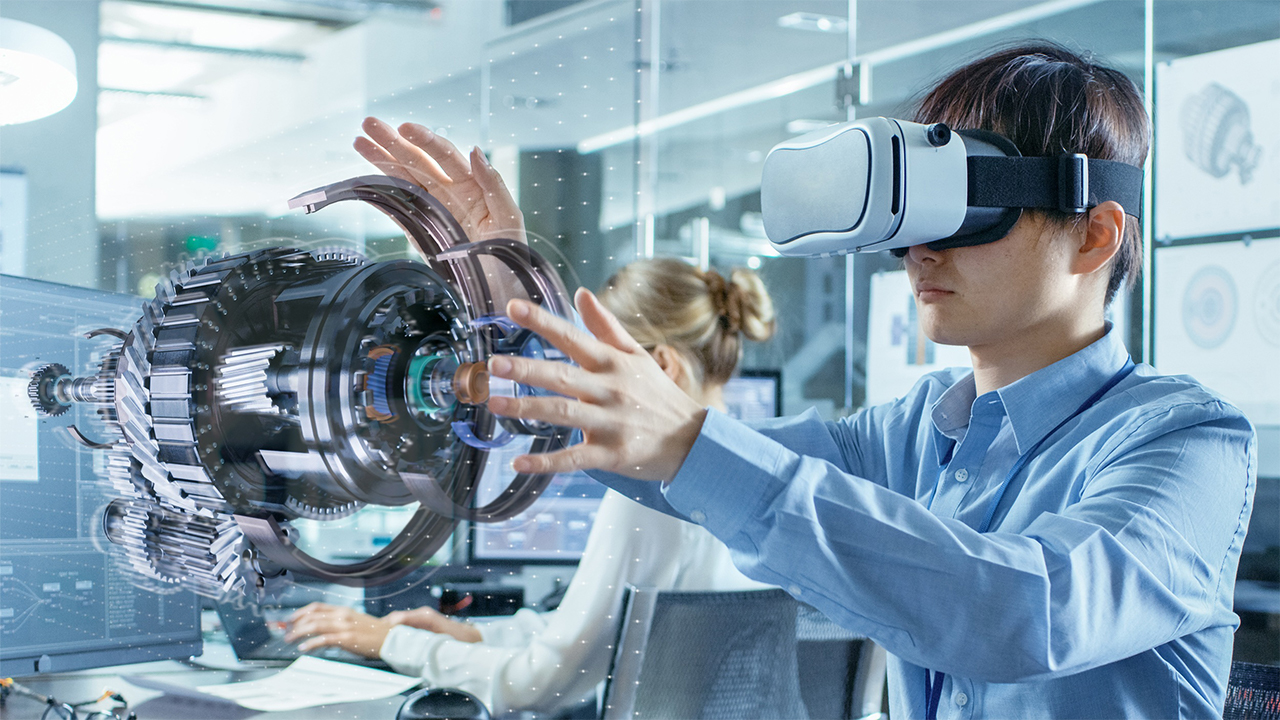Attracting FDI In The Field Of Mechanical Engineering: (Term 1) Connecting “Foreign” And “Domestic” Enterprises
14/12/2021According to experts, one of the principles that should be set in attracting FDI is to be able to connect with the domestic private sector to include in their network.
However, research from the Department of Business Development (MPI) shows that the link between FDI and domestic enterprises is still limited. Vietnamese enterprises mainly participate in simple stages such as processing and assembly with low added value, low sustainability, low localization rate (30-40%).

On the other hand, FDI enterprises investing in Vietnam mainly take advantage of preferential policies as well as cheap labor without transferring technology or supporting development for domestic enterprises.
Technology transfer is “rare”
Vietnam is attracting a lot of foreign investment capital, but the transfer and absorption of technology from FDI enterprises by domestic enterprises is still very limited, because domestic enterprises have not made the necessary preparation as well as ready to accept new technology.
Moreover, Vietnam’s FDI attraction policy is still following the “carpet” trend, but there are no conditions that bind FDI enterprises to be responsible for technology transfer or development support for domestic enterprises.
Experts also said that at the national level, Vietnam does not have a specific plan or strategy to promote interaction and linkage between FDI enterprises and domestic enterprises.
The number of technology transfer projects between FDI enterprises and domestic enterprises is very rare and is carried out locally between enterprises or localities.
According to Mr. Park Hongook, General Director of Doosan Vietnam Heavy Industry Co., Ltd., Vietnamese enterprises have not really closely linked together in production and business activities. “There are not many opportunities between FDI enterprises and private enterprises for science and technology to spread and support each other,” said Mr. Park Hongook.
Sharing the same opinion, Mr. Nguyen Hoang Diep, representative of KIMSEN Industrial Joint Stock Company, assessed that customers need components with competitive prices, but Vietnamese enterprises offer each type of discrete components. Thus, it will be difficult for us to attract them to cooperate with us.
To create a resonance between FDI and local businesses, according to Dr. Huynh Thanh Dien, Nguyen Tat Thanh University, should have policies to promote FDI enterprises to develop satellite supply networks with small and medium enterprises.
At the same time, implementing policies to help local businesses improve their governance capacity, bring a global mindset about standards, markets, technology, human resources, etc., then they can link with FDI and Join the global supply network.
For private enterprises to become partners of foreign investors, Vietnam needs to create the best conditions and business environment for the domestic private sector to develop.
“Smart” in licensing
Mr. Dao Phan Long, Chairman of Vietnam Mechanics Association commented, Vietnamese mechanics want to have many orders, join the export chain need to innovate equipment, technology, science and technology level to be able manufacturing spare parts, components, machine details according to orders of foreign partners with diverse categories.

“If there is no support orientation of the State, it will be extremely difficult, especially the mechanical industry is an industry with very difficult technology, large investment capital, but slow capital recovery, requiring a high level of science and technology as well as high knowledge from employees have, skills and labor discipline; the industry’s products are not easily distributed and consumed like products of many other industries,” said Mr. Long.
Particularly in the field of materials, the world is moving towards new ultra-small materials and components according to Nano technology. This means, world mechanics have been working to create high-quality, smart, durable manufacturing materials that meet new manufacturing processes.
From the demand for Nano micro materials, requires the mechanical industry to develop unlimited intelligent manufacturing systems (Intelligent Manufacturing Systems – IMS). Thus, computerization and intellectualization of all stages of production and circulation, not to mention mechanical products, must also increase awareness of environmental protection, especially in the context of global climate change.
Thus, according to Mr. Long, Vietnam must be very clever in negotiating when licensing FDI projects in the near future. Currently, the process of international assignment and globalization of technology is taking place strongly. Vietnamese mechanical enterprises need to recognize the above trends, actively cooperate, create breakthroughs in science and technology, develop their own competitiveness.
Source: Petrotimes
Must Read

2023 PARTICIPANT LIST


[Seminar] INDUSTRIAL METROLOGY


MTA Vietnam 2022 Webinar


ADB is optimistic about Vietnam’s economy


MTA Vietnam 2021 x Bystronic Webinar


CONFERENCE SERIES


ONLINE BUSINESS MATCHING PROGRAMMES
You may be interested in




REPORT ON THE PRODUCTION AND BUSINESS TRENDS OF THE PROCESSING, MANUFACTURING INDUSTRIES IN THE FIRST QUARTER OF 2024 AND FORECAST FOR THE SECOND QUARTER OF 2024


Industrial production in the first two months of the year increased by 5.7% compared to the same period


Việt Nam có thể trở thành ‘con rồng AI’


Vietnam is ready to welcome the wave of investment in smart manufacturing chains.


Humanoid robot converses with OpenAI language AI


Boeing supplier greenlighted to build $20M plant in Vietnam
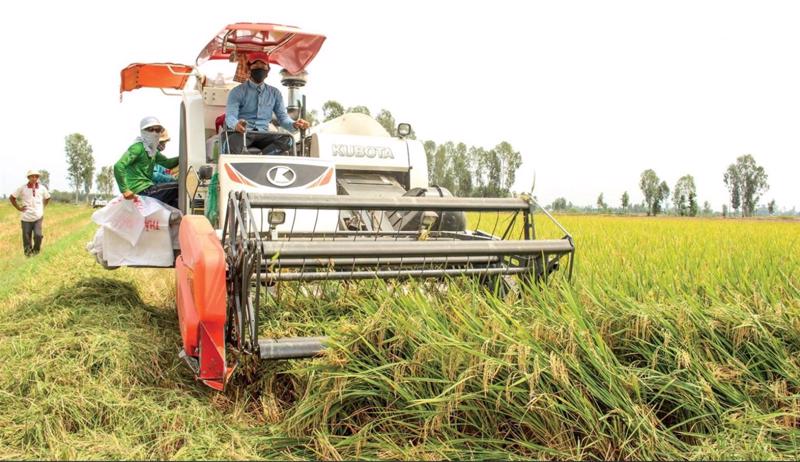

Vietnam is a potential market for companies engaged in the manufacturing of agricultural machinery and equipment


‘The Giant’ Goertek is expected to invest over 6,800 billion VND in Vietnam to expand production. Which locality will be chosen?





